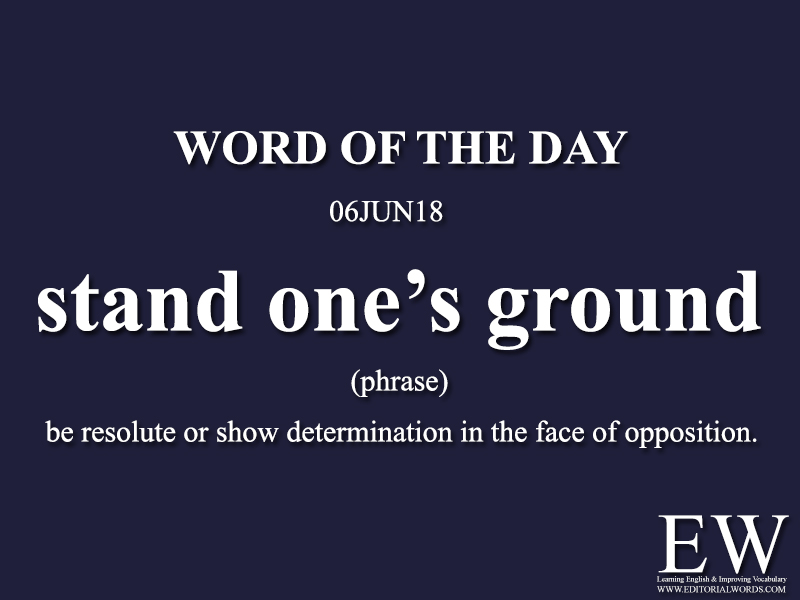


By the middle of the next century, it was being used more specifically to refer to such a man who was attentive to, and had a fondness for, the company of women. 2020īack in the 14th century, (), a noun borrowed from the French word galant, referred to a fashionable young man. “Under normal circumstances, most of us can’t drop what we’re doing with zero notice, buy a last-minute airplane ticket, and just show up to gallivant across the country with someone we’re attracted to, without telling anyone where we are.” - Jen Chaney, Vulture, 7 Apr. She spent her gap year gallivanting around Europe with her best friend. Gallivant means “to go or travel to many different places for pleasure.” Merriam-Webster's Word of the Day for Mais: gallivant \GAL-uh-vant\ verb But worry not for the word’s future: it’s still flying high. (The word zenith itself is a modification of another Arabic word that means "the way over one's head.") According to our sources, usage of nadir reached an () in the 1980s. The source of nadir is naḍhīr, meaning "opposite"-the opposite, that is, of the (), the highest point of the celestial sphere which is positioned vertically above the observer. Nadir is part of the galaxy of scientific words that have come to us from Arabic, a language that has made important contributions to the English lexicon especially in the fields of mathematics, astronomy, medicine, and chemistry.
#WORD OF THE DAY MOVIE#
Yet it was all based on a movie that had to destroy everything that went before it, everything that fans expected from a Star Trek episode, just to keep the Enterprise from crashing down to earth for ever." - Ben Child, The Guardian (London), 24 June 2022 "Into Darkness was once voted hardcore fans’ least favourite Star Trek movie, a nadir for anyone who loved the original series’ more intellectual, cosmic musings. Only once the novel's protagonist reaches her nadir does she arouse the reader's empathy, and we root for her to climb back to respectability. When used in astronomy, nadir describes the point of the () that is directly opposite the () and vertically downward from the observer. Nadir refers to the lowest or worst point of something. Merriam-Webster's Word of the Day for Mais: nadir \NAY-deer\ noun


 0 kommentar(er)
0 kommentar(er)
